How do we become wise? God’s Wisdom Study Week 3
Week 3 of Timothy Keller’s book God’s Wisdom for Navigating Life wraps up looking at foolishness. (You can read the beginning of “What is Foolishness” here.) New this week, we will begin looking at how do we become wise?
What is Foolishness? (part 2)
There are more fools to be uncovered on days 15 & 16, so let’s take a look at these before we dive into “how do we become wise?”
Complacency is the fool who is wise in his own eyes. Sometimes this can appear as a smugness, “I know what’s best”, “I have everything under control”. I have seen in my own life this fool appear in not understanding that my life experiences are different than others.
Where I have seen this in my life is easily in my parenting. Your kids come to you with a problem, and before they even have finished talking about it, you have a solution. But it doesn’t just apply to parents. Often times when people come to us with their problems, we act as though they are seeking our advice and problem solving skills. When really, they just need you to listen.
And believe me, I have done this to more than just my kids. I’ve done it to kids at youth group, my siblings, parents and friends. Lois – you do not know it all! So stop acting like you do, because no one appreciates that. Including YOU.
This week I had a lesson on becoming wise. And not because of anything I did, but because of what my son did.
True Confessions of a Parent Being Schooled by their child
My son and I think a lot alike. We have logical minds and question everything. We never take any new information at face value. Research and questions pop into our minds the instant someone tries to present something as a “fact”. Then he and I love to discuss different theories and ideas and our questions. We’re nerds.
Anyway, because I know what a critical thinker my son is, and because I also know that he does not give into emotions easily, we have great deep conversations. Often I seek out his thoughts on various life situations. And I can count on him to tell me the truth of what he thinks, even if it’s not fun to hear.
For some reason, we were spending quite a bit of alone time together in the car driving. And I’ve been having some concerns. So, naturally while driving I discussed the concerns with him. And as I was speaking them aloud, I was able to process them and come to my own conclusions and solutions.
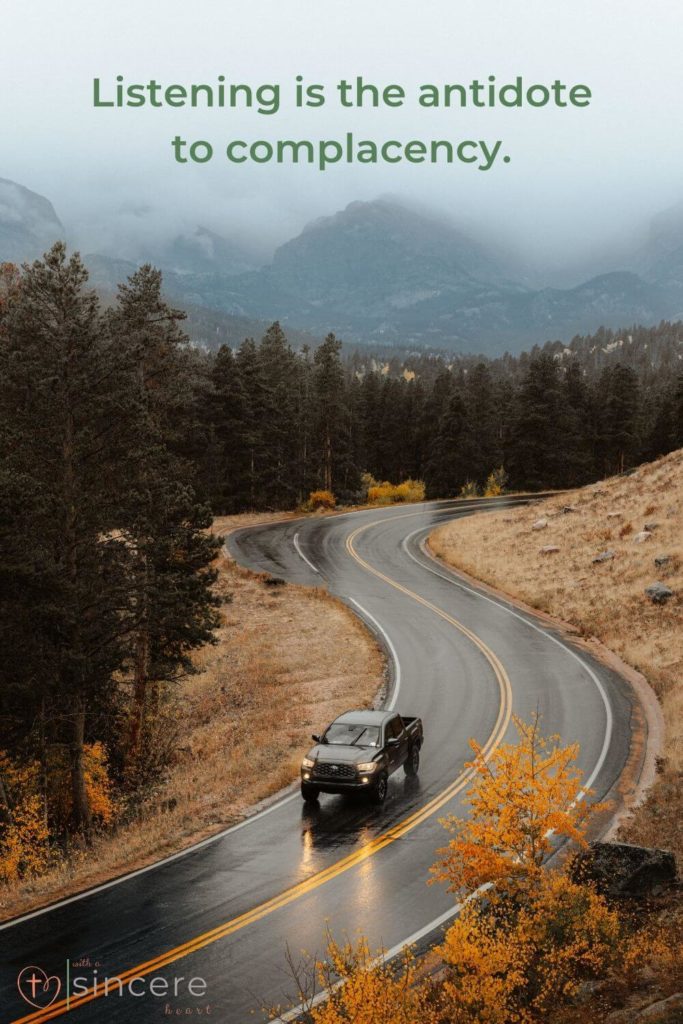
My son patiently listened to me speak. When he needed to reassure me he was listening, he would make a sound or interject a word or two, but nothing intrusive. After I came to my conclusions and solutions, I asked him for his input and he gave it.
It was actually the best. He is such a good listener, and because he listened to me with patience and kindness I was able to work things out for myself. But also because he listened with patience and kindness I felt comfortable asking him what he thought.
My son taught me that to become wise, you have to listen. Listen thoughtfully and patiently.
Should I tell you my son is 13? Wow right?
Mockers, the final fool we face
Our society today is filled with mocking. We mock people in jest and cruelty alike. If we mock in a joking way, and someone takes it seriously and is hurt, we may label them as “overly sensitive”, or say “they can’t take a joke”.
But when is mocking no longer a joke? And who decides?
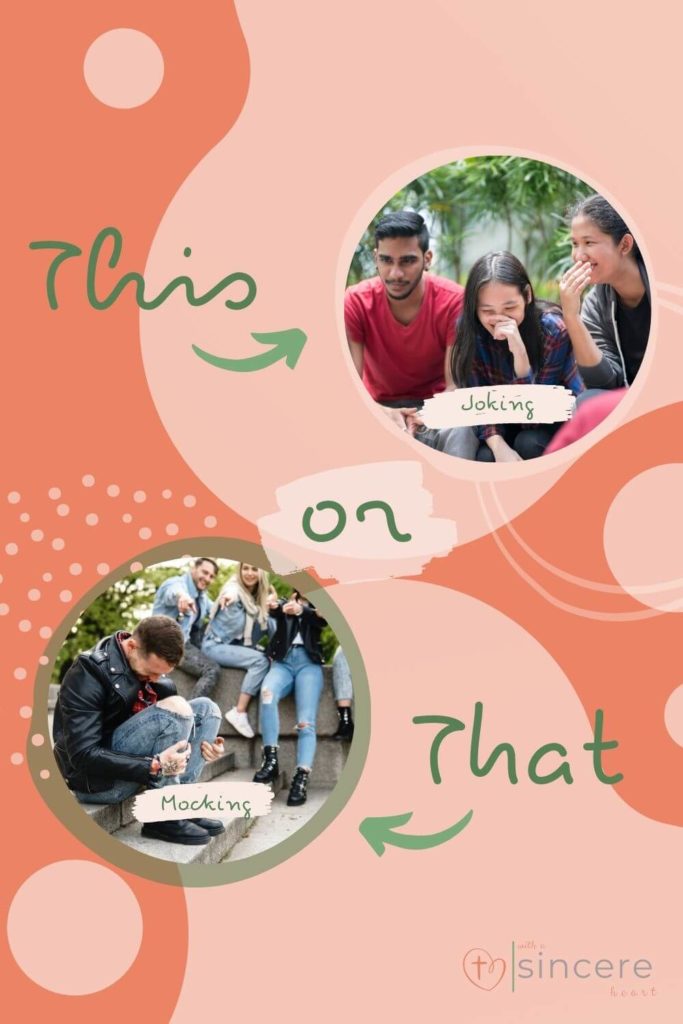
I don’t have the answers, honestly, I love to tease and mock others. I enjoy comedian, and lets be real, 99% of the time they are mocking.
I can definitely see that when it comes to discussing thing of great importance, or thing that are meaningful to someone, that is definitely NOT the time to mock. Even if you think you know more than they do. If you have the right opinion, and they are wrong.
Humility listen. Love and kindness LISTEN. They do not mock.
I have to remind myself of that every single day.
How do we become wise?
And now that we are so much more aware of what great fools we are, and can label our foolishness appropriately, we turn our heads so that we will no longer be fool but become wise. How?
The Bible often holds thing in tension and wisdom is no different. Wisdom calls for you, but you must cry out for it. You must search for wisdom, but it comes from God.
Recently I was reading a C.S. Lewis book, “A Grief Observed”, and in the last chapter he discuses this exact same paradox.
Lewis reason that “not wanting to go to hell” is not reason enough to have a relationship with God. In fact, our only goal must be to have a relationship with God, and then the path to that relationship is God. Jesus is the way, the path, and the end goal all at once.
I feel like that is similar to wisdom. Wisdom is what we want to gain. All wisdom comes from God. Therefore to gain wisdom we must be on the path towards God and He will give it to us as we die to ourselves and live for Him.
Wow!
What marks the path to wisdom?
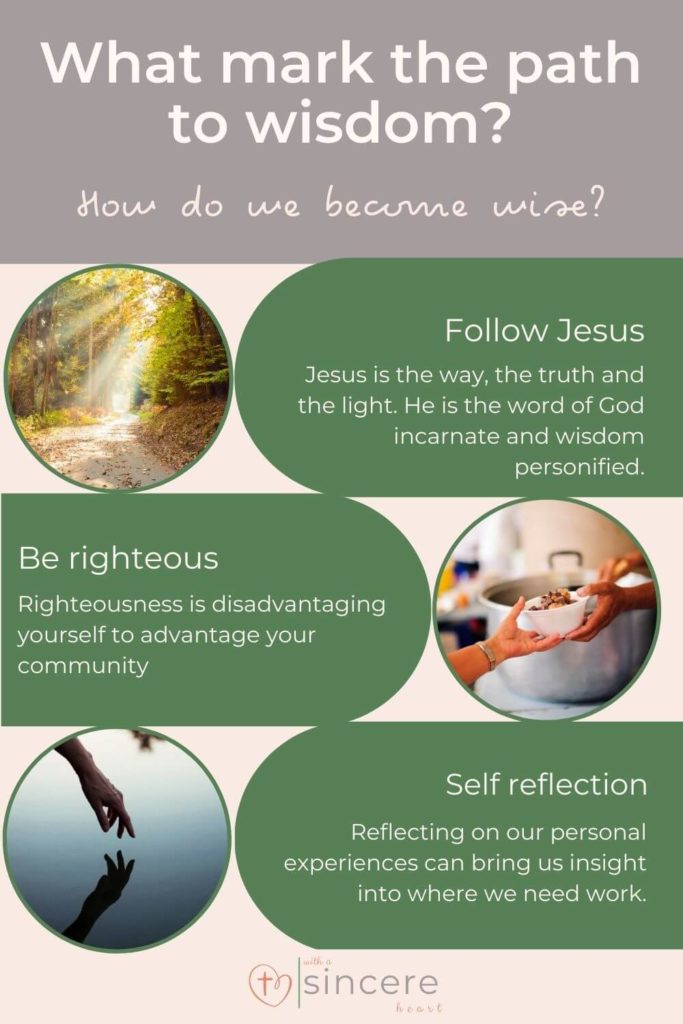
The righteous are on the path to wisdom. In Day 18’s devotional, we learn a (new to me) definition for righteousness.
The righteous disadvantage themselves to advantage the communities in which they live.
So if you wonder, am I on the right path towards wisdom, one thing you can ask yourself is “am I being righteous?”
I’ll admit I need to work on this area. Happily we can apply the same wisdom from other experiences in life where we need to improve and that is to surround ourselves with people who do this well.
When I began writing a list of all the people I know who fit this description of righteous, I was overwhelmed with gratitude. If you have people that you know who fit this description, let us encourage them in their righteous ways and learn from them. That is wisdom.
How to identify your short-comings and begin on the path to wisdom?
If you tend to be a person with an over-active guilty conscience, you may see yourself in each fool. But it may be like looking into a funhouse mirror. We all have sinned and fallen short of the glory of God. But we should also be able to see our true selves with the help of the Holy Spirit.
I think this is one of the reason Tim and Kathy Keller recommend doing this study in a group with others. We do not always see ourselves clearly. Sometimes we over exaggerate our shortcomings, or minimize them. Others can help us see ourselves in a true light.
I am a classic over thinker. Spending time in self reflection comes natural to me. This in’t a brag, or even a #humblebrag, it’s jut the way I am made.
Practicing self reflection is a good habit to learn because it will help you to analyze your own behaviors, thoughts, and feeling. It can show you how God has provided for you in ways that you may have missed “in the moment”. Recently, I was listening to the Being Known podcast, and they were discussing this very thing. If you have the time, go give it a listen.
In summary, wisdom comes from regular habits, experiences in life and reflecting on them. We may change our habits, and we may change our perspective on experiences. Taking the time to reflect pushes us further down the path of wisdom.
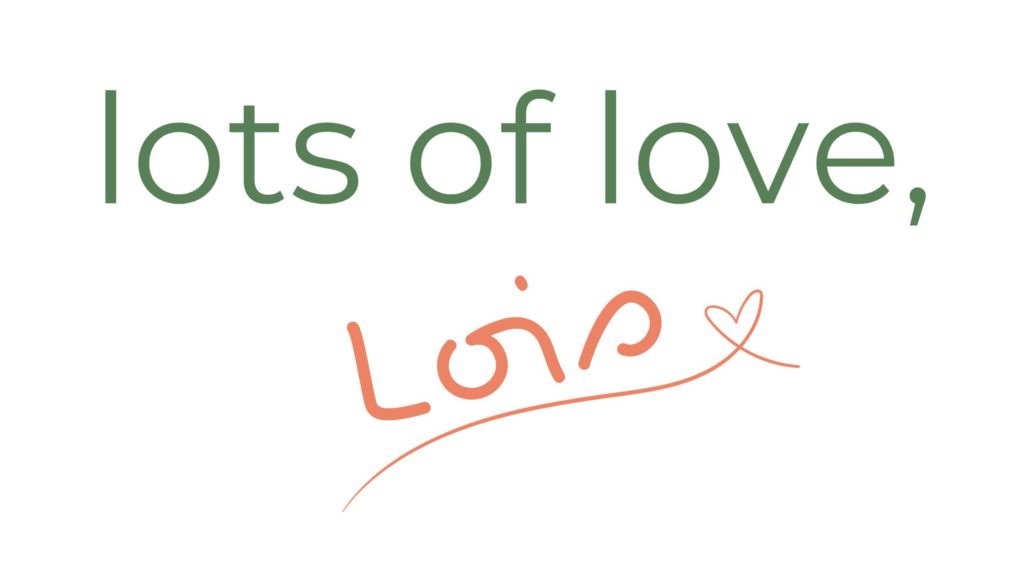
-
Who is King David? A man after God’s own heart, part 3
In part 2, I shared how the Holy Spirit brought to mind how David responded to God when confronted with his sin. And that this…
-
Who is King David? A man after God’s own heart, part 2
Who is King David? A man after God’s own heart, but what does that mean? Welcome to part 2. This post will look at how David responds to God when he doesn’t get his way.
-
Who is King David? A man after God’s own heart, part 1
King David was described as a man after God’s own heart. This post digs a little bit into what that means.

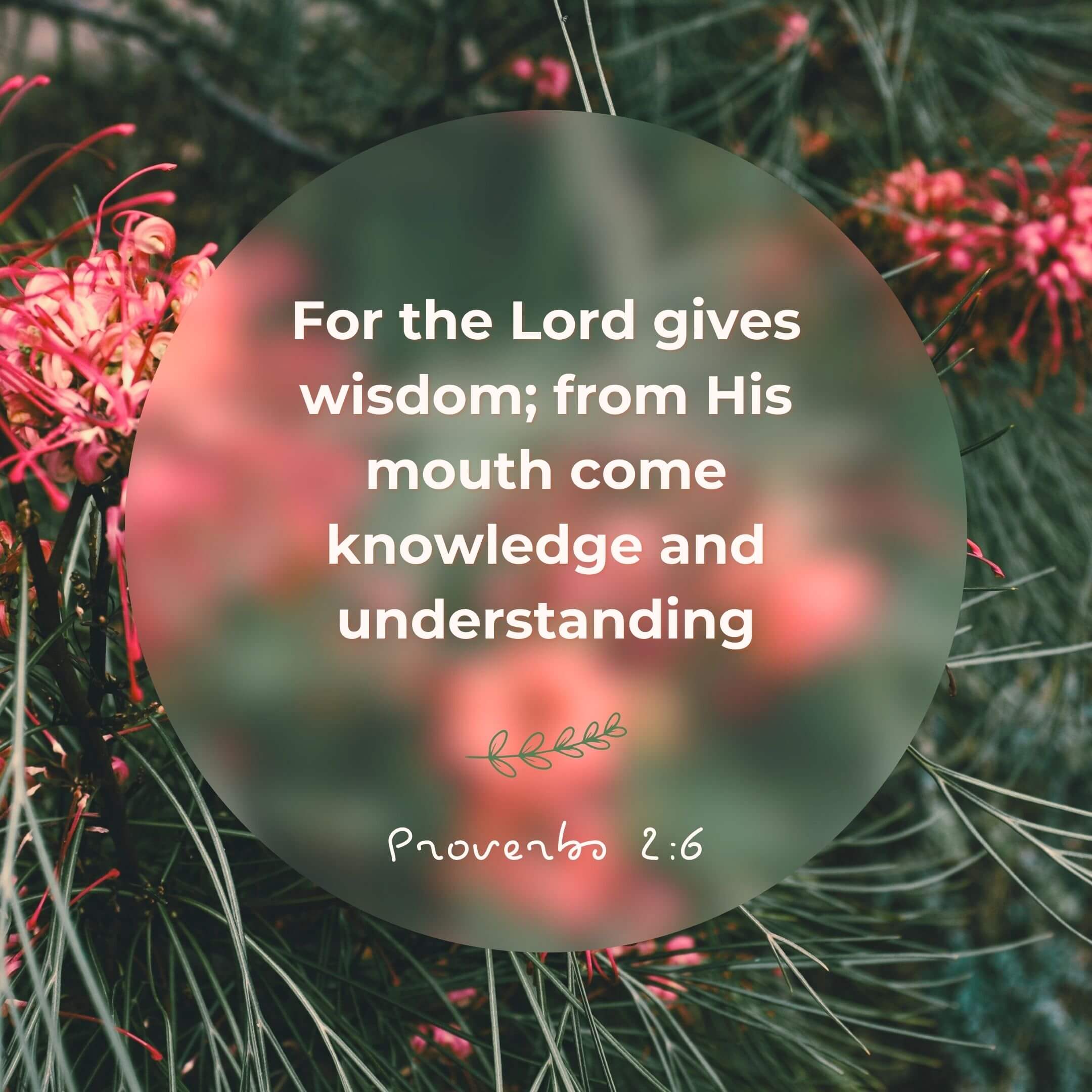
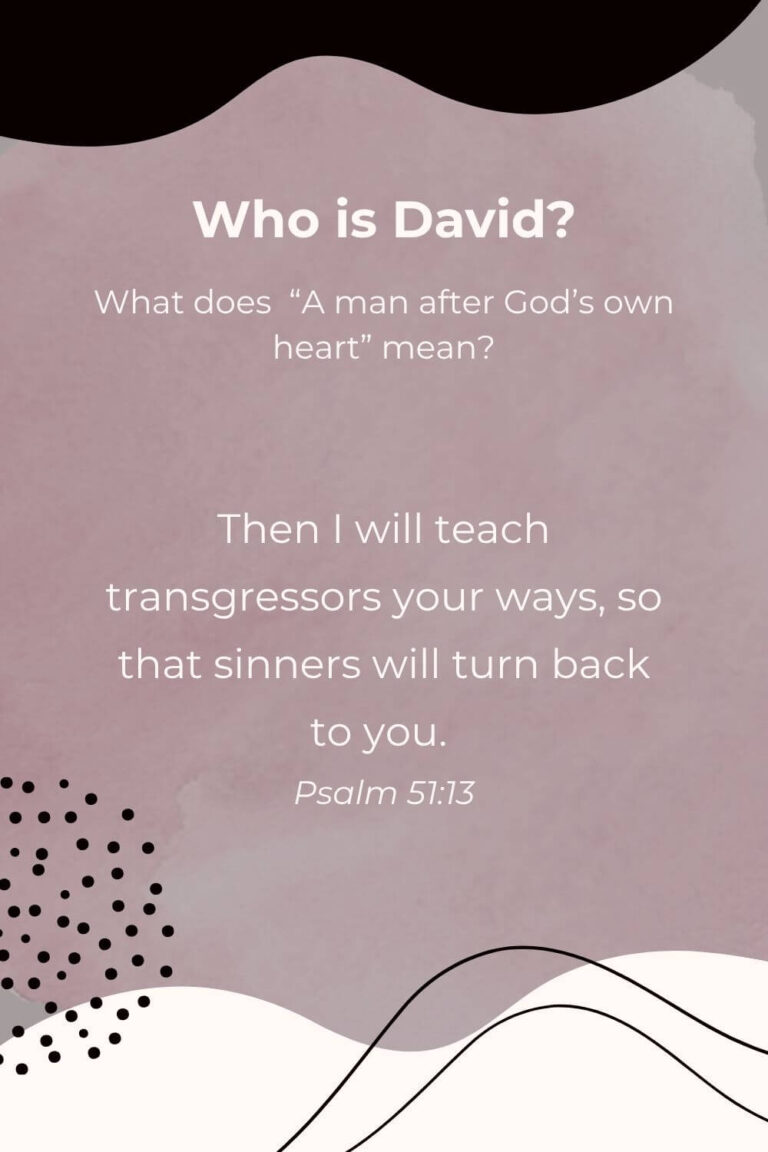
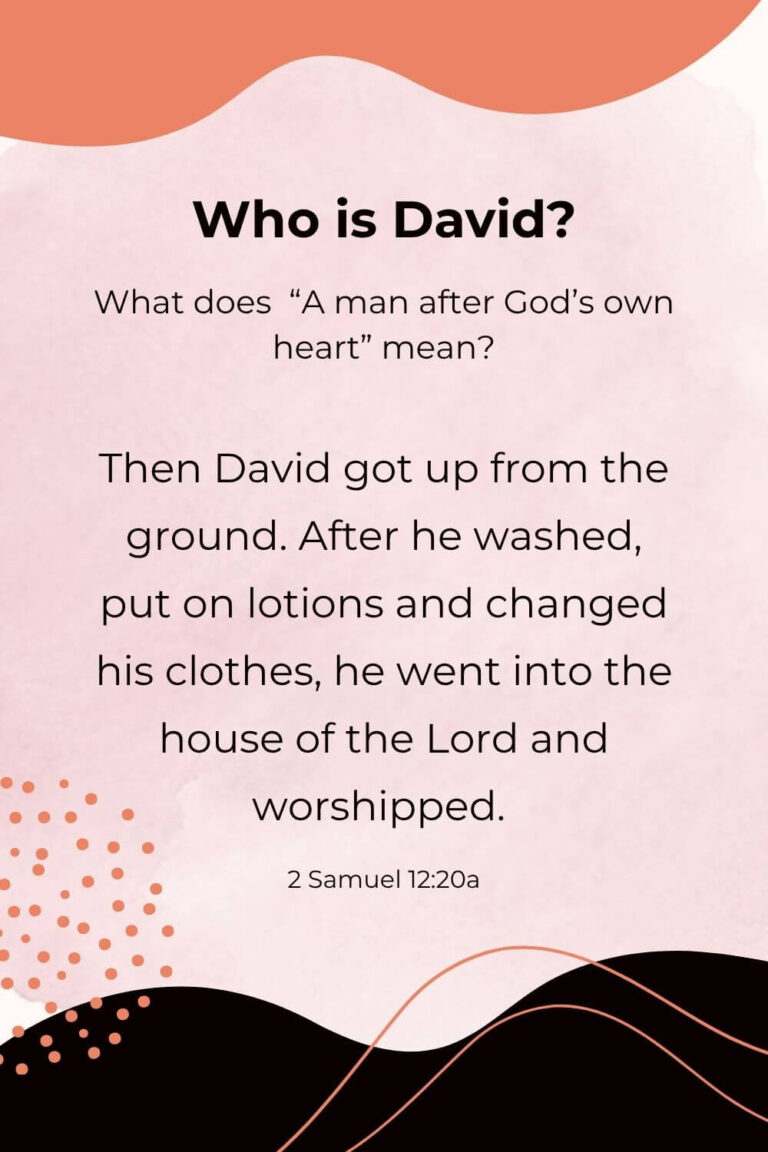
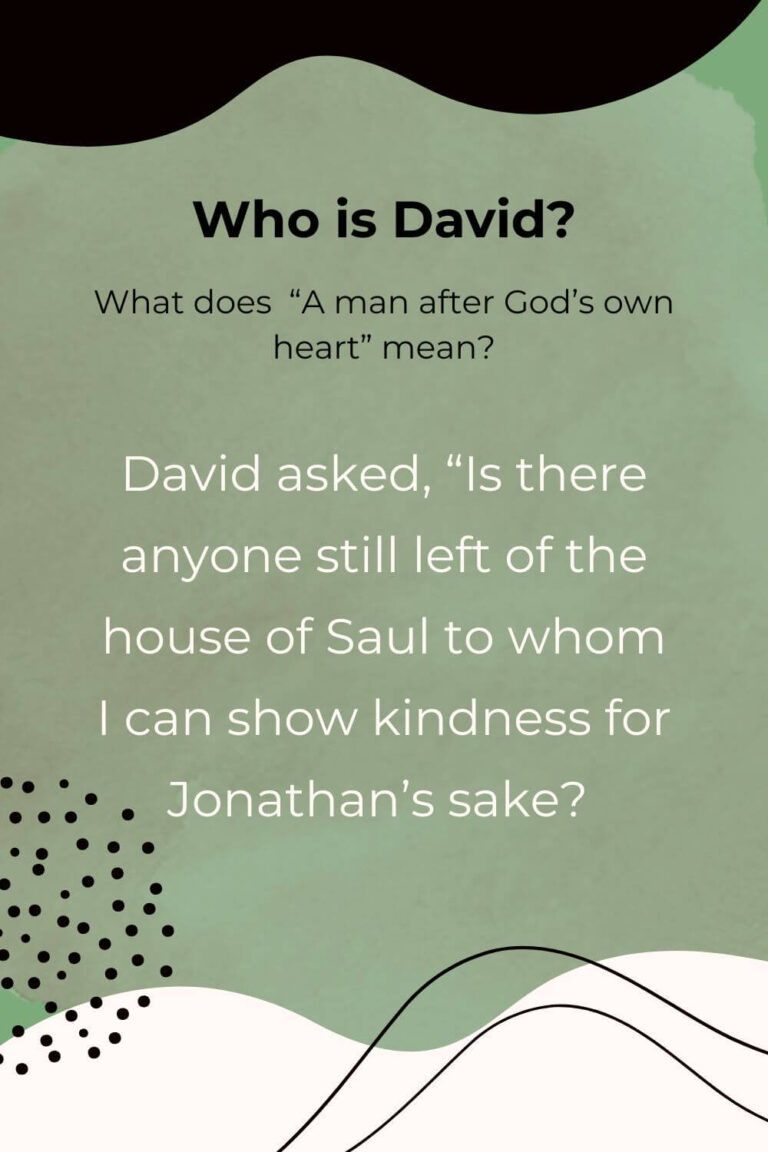
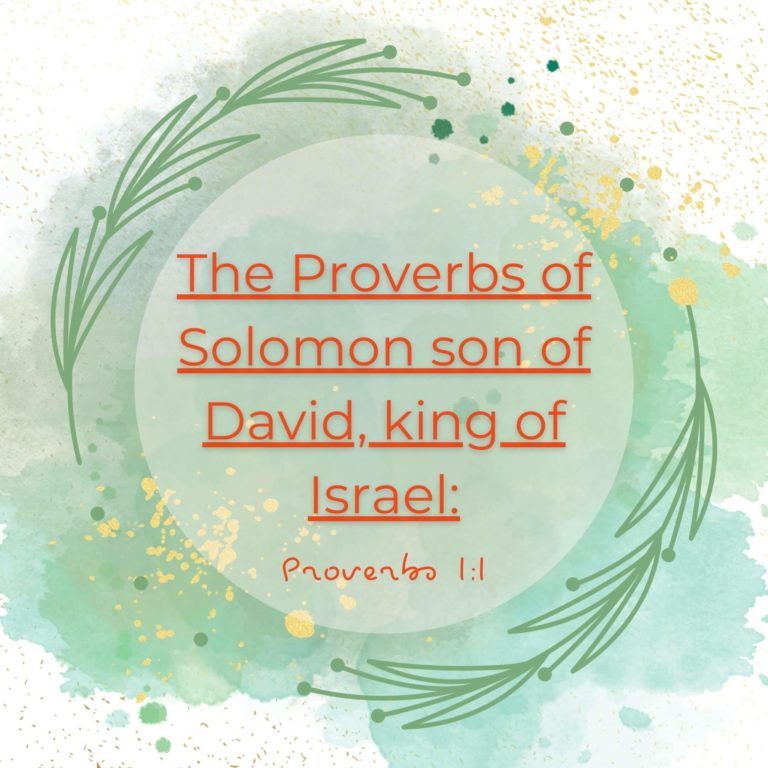
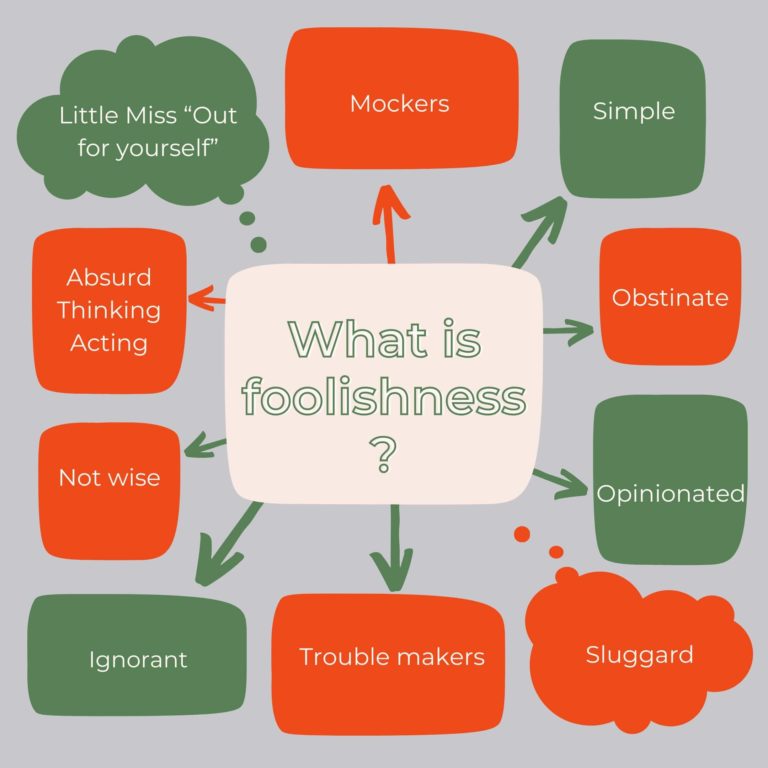
2 Comments